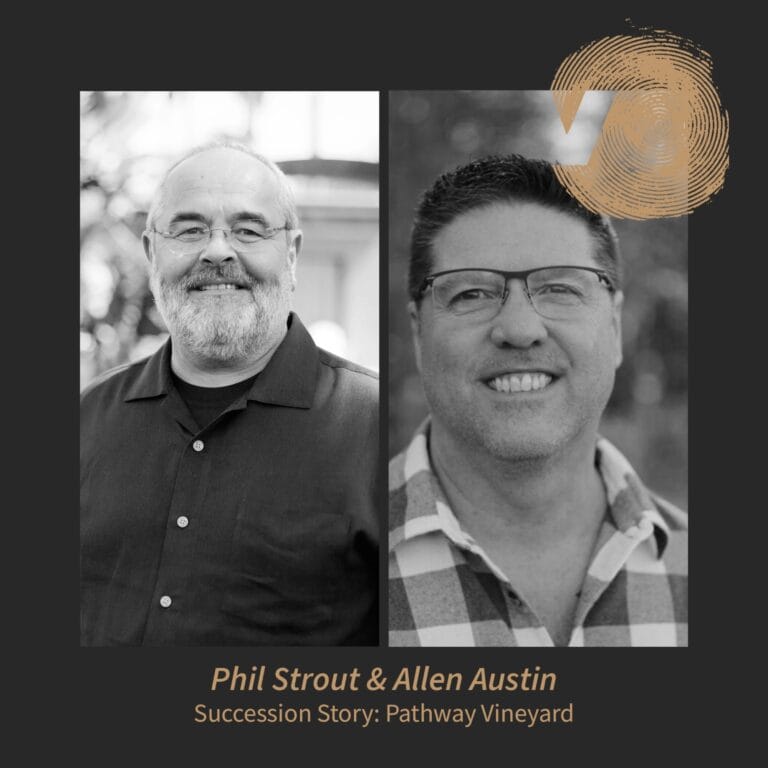2023 Vineyard USA Annual Report
we are vineyard.
Hi, from Jay
Celebrating what Jesus is doing
Welcome! We hope this report will give you a sense of what’s happening throughout the Vineyard. The best way to navigate is to scroll down and be guided by the video in each section.
We’ve also provided supporting materials, ways to connect, and straightforward financial data points we think you’ll find helpful. Feel free to share this Annual Report with staff, key leaders in your church, your board, or really anyone who would find it useful.
We are so grateful for all God has done in our churches in 2022 and look forward with great anticipation to what He will do in 2023!
By the
numbers
Total churches + sites
in 2022
with additional $52K given by individuals
refugees & churches
to support financial well-being of churches & pastors
2022 Operating Expenses
Income for 2022: $4,556,603

+2,000 from last year
+400 from last year
cross-cultural ministry
with Vineyard USA missions partnerships, +4% from last year

We kept meeting people who weren’t connected to a church & received a number of words from the Lord. We started meeting with neighbors in our living room and then we planted Midtown Vineyard on February 9, 2020, five Sundays before COVID.
Ryan Kenny, Midtown Vineyard in Fresno, CA
When we prioritized diversity, our entire Elder Council was on the same page that we are not just inviting ethnic minorities to take part in our majority; we’re all committed to repentance and confession, growth, and continued learning because of what each person in our community brings to the table.
Jason Duncan & Ranjo Clements, GCF Vineyard in Wilmore, KY

Strengthening our
churches & pastors
throughout 2022
+16% from last year
to support financial wellness of pastors & churches
ready to serve Vineyard pastors into 2023 and beyond
in the last year
to plant in 2023 & 2024
Associations gatherings in 2022
The director came up at the end and showed us a picture of a little girl holding the new boots she got from the party with a smile from ear to ear. She had worn flip-flops with socks to school that morning. The director said, “This is why we asked you to do this.”
Rhianna Freeman, Vineyard Boise in Boise, ID


Instead of sending thousands of mailers about Christmas Eve service, our small church invited the community to join us in doing some practical good. Through RIP Medical Debt we, together, raised over $10K paying off $1.5M in medical debt for over 1,700 local families!
John Aureli, Mission Vineyard in San Antonio, TX
Influence
and events
2022 Worship Leaders retreat in Asheville, NC
on average each month
podcast listens
across all platforms
+33% over previous year



Into
the future
As we reflect on all that God has done with us in 2022, we are filled with faith for what is to come in 2023.
Vineyard USA exists so that people would know Jesus and experience the power and presence of His Kingdom. Every day our team hears stories of the incredible pastors and leaders of our VUSA churches around the country who are sharing Jesus with the people in their city, cultivating environments for encounters with the Holy Spirit, and seeing the Kingdom break out all around them. We hope that this year’s Annual Report reflects our celebration of our churches and what Jesus is doing amongst us.
In 2023, we are praying for God to meet us powerfully as we seek to start and support local churches that are deeply committed to one another. We are eagerly anticipating our National Conference this summer, where we can continue to encounter God’s power and presence, while we focus on evangelism, church planting, and global missions. I can’t wait to see you there!
May God bless each of you richly as you seek His Kingdom in your city!
Jay & Danielle Pathak













